本文深入解析WordPress子主题继承父主题样式的核心方法,涵盖functions.php加载顺序、@import规则替代方案、wp_enqueue_style最佳实践,以及通过CSS特异性控制样式覆盖的技巧,帮助开发者实现安全高效的主题定制。
一、理解WordPress主题继承机制
WordPress子主题通过目录结构和样式声明自动继承父主题功能,但样式表(style.css)需要特殊处理。子主题目录必须包含:
/
Theme Name: 子主题名称
Template: 父主题目录名
/二、样式继承的4种专业方案
1. 传统@import方法(已过时)
在子主题的style.css顶部添加:
@import url("../parent-theme/style.css");注意: WordPress官方已不推荐此方式,可能影响加载性能。
2. 推荐:wp_enqueue_style队列加载
在子主题的functions.php中添加:
add_action('wp_enqueue_scripts', 'child_theme_styles');
function child_theme_styles() {
wp_enqueue_style('parent-style', get_template_directory_uri().'/style.css');
wp_enqueue_style('child-style', get_stylesheet_directory_uri().'/style.css',
array('parent-style'));
}3. 动态加载父主题样式
更灵活的版本控制方案:
add_action('wp_enqueue_scripts', function() {
$parent_style = 'parent-style';
wp_enqueue_style($parent_style, get_template_directory_uri().'/style.css');
wp_enqueue_style('child-style', get_stylesheet_directory_uri().'/style.css',
array($parent_style), wp_get_theme()->get('Version'));
});4. 合并CSS文件方案
通过PHP直接读取父主题样式:
function child_theme_css() {
echo '<style>';
include(get_template_directory().'/style.css');
include(get_stylesheet_directory().'/style.css');
echo '</style>';
}
add_action('wp_head', 'child_theme_css');三、样式覆盖的3个专业技巧
1. CSS特异性控制
子主题选择器应保持相同或更高特异性:
/ 父主题 /
.content-area { width: 70%; }
/ 子主题增强特异性 /
body .content-area { width: 75%; }2. !important的正确用法
仅在必要时使用,并添加注释说明:
.site-header {
background: fff !important; / 强制覆盖父主题透明背景 /
}3. 媒体查询继承
确保响应式样式也被正确继承:
@media (max-width: 768px) {
/ 覆盖父主题的移动端样式 /
.widget-area { display: none; }
}四、常见问题解决方案
- 样式不加载: 检查
get_template_directory_uri()路径是否正确 - 缓存问题: 在开发时添加版本参数
?ver=1.0 - 字体丢失: 重新声明
@font-face规则
通过以上方法,开发者可以构建可维护的子主题结构,既能保留父主题更新能力,又能实现完全自定义的样式设计。


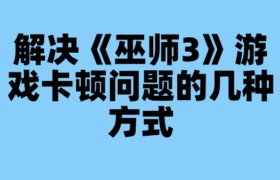
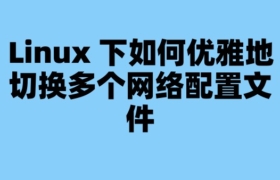
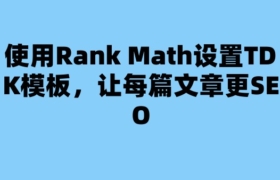
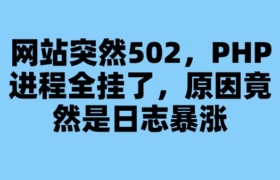
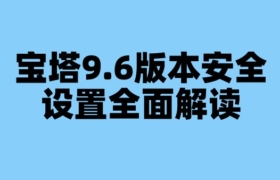
评论